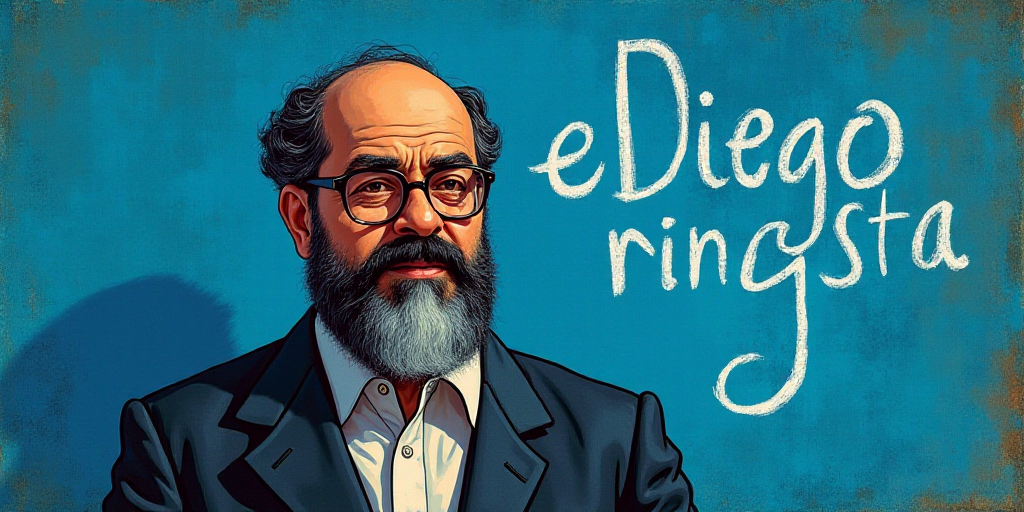Introduction to the 2026 Economic Package by President Claudia Sheinbaum
President Claudia Sheinbaum has submitted the 2026 Economic Package to Congress, outlining her financial strategy for her second year in office. The package comprises several documents: the General Criteria of Economic Policy, the Income Law, the Rights Law, the Federal Fiscal Code, VAT (IEPS), and most importantly, the Budget of Expenditures. The message is clear: there will be continuity in social policies, fiscal discipline, and a more controlling state in economic matters.
Economic Growth and Fiscal Discipline
The General Criteria estimate that the economy will grow between 1.8% and 2.8%. While this may seem acceptable, it remains low for a country. The deficit will decrease to 4.1% of GDP, and debt will remain at 52%. This optimistic yet ordered plan depends on maintaining domestic consumption and foreign investment, as well as Pemex ceasing to be a fiscal drain.
Increased Tax Revenue and Higher Costs
The Income Law confirms that the government will collect more from taxes than oil revenue. Gasoline and crude oil no longer sustain public expenditure. Tax exemptions continue to be costly, leaving little room for new programs: only the zero VAT rate on food will imply 508 billion pesos that the treasury won’t collect.
Increased Costs for Various Services
The Rights Law raises or creates quotas in migration, aviation, agricultural health, and culture. Flying, processing permits, or visiting museums will now cost more. According to the government, services must cover their costs and finance modernization. Millions will feel the pinch as the state charges more for almost everything.
Changes in Daily Life through IEPS
The IEPS changes daily life: cigarettes and soft drinks, even “light” or “diet,” will be more expensive. Betting will pay 50%, and violent video games may face taxation. A 600-milliliter soft drink now costing 20 pesos will rise by about one peso due to the new IEPS. This is a moralizing package that aims to modify consumption habits. While many will view it as a burden, the government sees it as money earmarked for health and social programs.
Stricter Fiscal Rules through the Federal Fiscal Code
The Federal Fiscal Code tightens regulations: the SAT can immediately suspend digital seals, deny RFC to companies linked to invoice fraudsters, and demand real-time access to digital platforms. Evasion is combated, but significant power is concentrated in the tax authority. A minor administrative error could cost small businesses suspension of their billing and even viability.
Prioritized Expenditures in the Budget of Expenditures
The Budget of Expenditures allocates over 10 trillion pesos for spending, prioritizing pensions, health, education, and welfare programs. States will receive more resources—Chiapas the largest increase, Aguascalientes one of the highest—conditioned on security. Pemex will again spend more than it earns, and CFE will maintain positive numbers. All this with a high deficit financed by debt.
Key Questions and Answers
- What does the 2026 Economic Package entail? It includes various documents outlining financial strategies for President Claudia Sheinbaum’s second year, focusing on social policy continuity, fiscal discipline, and a more controlling state in economic matters.
- How will the economy grow according to the package? The General Criteria estimate an economic growth between 1.8% and 2.8%, depending on maintaining domestic consumption, foreign investment, and Pemex’s fiscal performance.
- What changes will there be in tax revenue and service costs? The Income Law confirms increased tax collection, while the Rights Law raises costs for various services like flying, processing permits, and visiting museums.
- How will daily life be affected by the IEPS changes? Cigarettes, soft drinks, betting, and violent video games will become more expensive. The package aims to modify consumption habits.
- What stricter fiscal rules does the Federal Fiscal Code introduce? The SAT gains more power to suspend digital seals, deny RFC to fraudulent companies, and demand real-time access to digital platforms.
- What are the priorities in the Budget of Expenditures? The budget prioritizes pensions, health, education, and welfare programs, with increased resources for states conditional on security measures.






